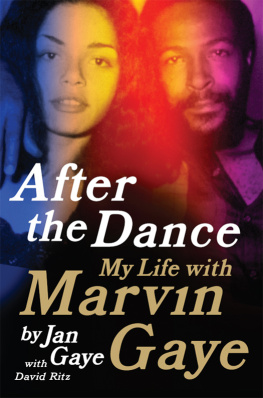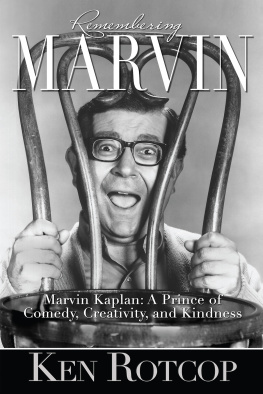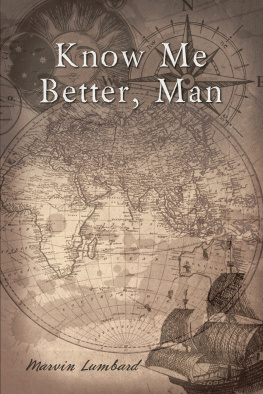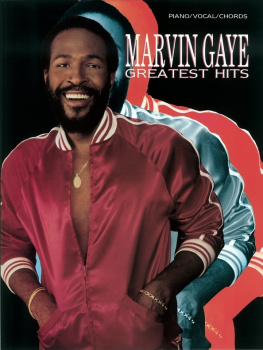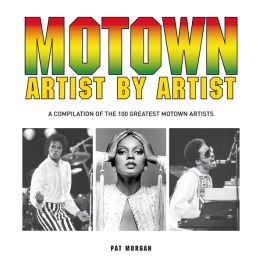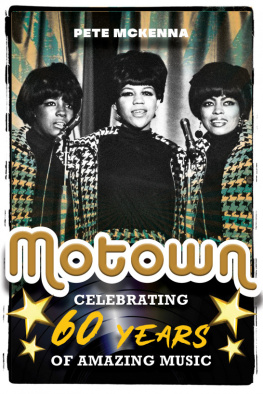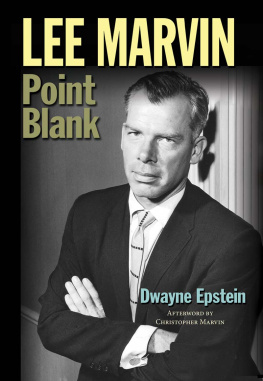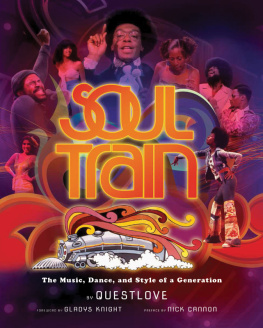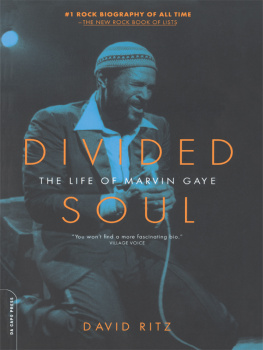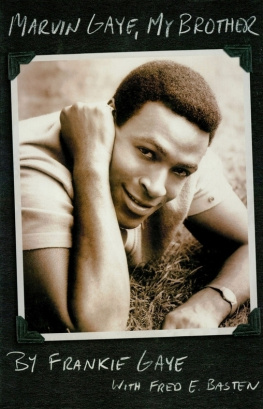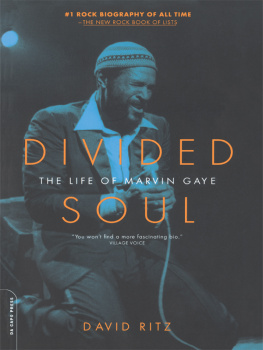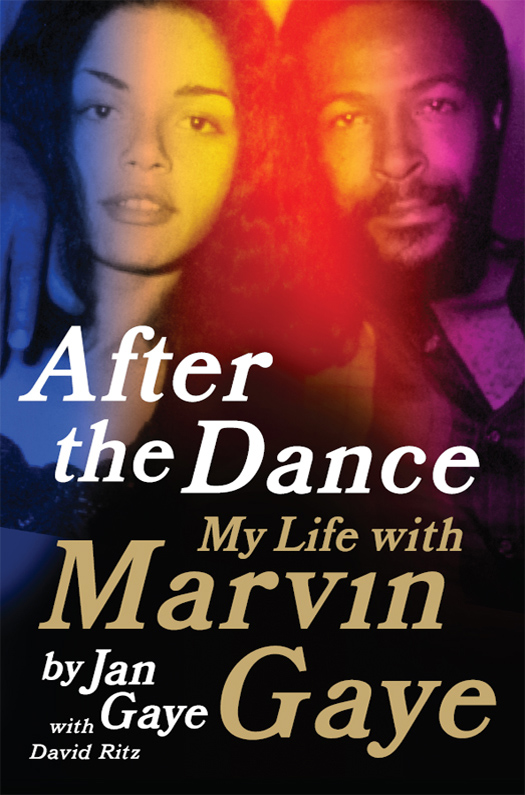This book is dedicated to my children, Nona and Frankie; and my grandson, Nolan Pentz. We grew up together. We were three, and thankfully now we are four. There is a certain sadness that comes with accepting that Marvin did not live to see our children grow up and that his grandson will never know him in this life. His spirit stays close to us all, often through his music. His message to all of us is never forgotten. Save the children. They are the future. Seek peace and love through understanding and compassion.
If you cannot find peace within yourself,
you will never find it anywhere else.
I sing about life.
Marvin Gaye 19391984
Contents
Guide
T he love story started in 1964 when I was eight.
On this May afternoon, approximately six months after the assassination of John F. Kennedy and three months after the arrival of the Beatles to the United States, I was seated in front of the black-and-white television that set atop Mama Ruths Magnavox entertainment console. Louis McKay was seated next to me. When American Bandstand came on, we broke into smiles. Louis loved the opening act, Bobby Freeman singing Cmon and Swim, an R&B novelty dance tune.
Hes cute, said Louis.
Not as cute as Marvin, I said, my eyes fixed on the second performer, Marvin Gaye, singing How Sweet It Is.
He cant dance as good as Bobby, said Louis.
I didnt bother to argue. At that moment spoken words no longer mattered. My heart was speaking words that took me by surprise.
I had an instant crush.
Janis! Louis yelled. You look like youre going crazy! You look like youve lost your mind.
I didnt hear Louiss screams. I was lostlost in my little-girl love. I had a very rich imagination and was convinced that I would meet Marvin Gaye one day. I had all of his 45s and albums. I would study pictures of him. I would sing along, listening to him and Tammi Terrell on my phonograph, while imagining their romance. When I shared my love for Marvin, my friends told me I was crazy. I thought it was a crazy dream, too, but I still held on to it. I went to school with celebrities. I read stories about Elvis and Priscilla, Jerry Lee Lewis and Myra, and I felt like if I ever met Marvin, maybe I could be his girlfriend or wife. After all, my mother told me that she dreamed of my father before she actually met him. I just knew it could happen to me, too.
Dreaming of Marvin was a temporary escape from the foster home where I lived. Later Id learn that it was, in fact, an unlicensed operation that flew under the radar. Social services had no knowledge of its existence. The woman who ran the place, Ruth Williams, known to the children as Mama Ruth, answered to no one.
Ruth was my primary caretaker from ages fourteen months to fourteen years. Ruth was both my guardian and tormentor. She renamed me Janis Williams, as though she were my biological mother. Because of my light complexion, freckled face, and curly locks, I was Ruths golden child.
The rambling two-story house, built in the twenties and situated in central Los Angeles just off Pico Boulevard, housed some twelve children, two of whom were the stepsons of jazz singer Billie HolidayCraig and Louis McKay. Because my dad was Slim Gaillard, a famous jazz singer himself, I felt a special bond with the McKay boys. In her mink wrap and fabulous wide-brimmed chapeau, Miss Holiday came to the home only once. She was a lady of ultrachic style and mysterious beauty. Slim was equally mysterious. A super-slick hipster who spoke his own brand of bebop lingohe actually wrote an entire dictionary of a lexicon called VoutSlim showed up no more than once a year to visit me, the sixteenth of his seventeen children. He always called me sweetheart.
Eight years later, sweet sixteen had come and gone.
I was no longer Janis Williams.
I had been reinvented as Janis Hunter, about to celebrate my seventeenth birthday. Three years had passed since I had left Mama Ruths home. Since then, I had done all I could to suppress the long nightmare of sexual abuse.
My mother, Barbara, had taken me in. My mothers husband, Earl Hunter, had lovingly accepted me as his own child.
Mom was a white woman of Irish and French descent with dark hair and blue eyes. Although her first two husbands had been white, she was attracted to black men like Slim and Earl, hyper-hip characters with street style and extravagant swag. I saw the remote Slim as Father, but Earlwarm, loving, and protectiveas Daddy.
Ed Townsend, a music producer, was part of Moms circle of hipsters. He was forty-three, close to Moms age, but to me he looked sixty-three. He spoke about a hit song hed written long agoFor Your Loveand was not shy about his success in the music business. But none of this talk interested me until I heard Ed speak the two words that caused my heart to flutter:
Marvin Gaye.
What about Marvin Gaye? I asked.
Im producing his new album, said Ed.
Oh, sure, I said, laughing. I dont believe you.
Eds telling the truth, said Barbara.
I still dont believe him.
Would you believe me if I got Marvin Gaye to come over here to meet you and your mom? he asked.
Maybe, said Mom, you could get him to come sing at the babys seventeenth birthday party.
I can do that, said Ed.
I thought about the possibility and wondered whether it would actually happen or if it was just a fantasy too good to come true. Despite my doubts, I told my friends that it was coming true. Marvin Gaye really was coming to serenade me on my birthday. My friends were skeptical, but ultimately they bought into my dream. No matter how improbable, they convinced themselves that Marvin was going to show up.
Mom decorated the cake and placed seventeen candles on top. At least twenty of my schoolmates came, including my close friends Destiny, Michelle, and Karen. To build up the excitement, we put on Marvins recordsWhats Going On and Trouble Man. Months earlier, looking at the cover photo of Trouble Man, Destiny and I decided he was hands down the sexiest creature alive. Now that gorgeous creature would soon be walking through the door. We talked, we danced, but mainly we waited for the arrival of the superstar that all of us had heard on the radio and seen on television.
An hour passed. Then two. Then three.
Finally, I had to face facts: he wasnt coming. Some of my friends taunted me, saying, I knew hed never show. Others were sympathetic. Either way, I was humiliated. I felt like a fool. I never wanted to hear the name Marvin Gaye again.
But when I heard the name a week later, my heart changed my mind. My heart went wild. This time Marvin wasnt coming to me; I was going to him. Ed Townsend was taking me and Mom to the studio where Marvin was recording. I was going to get to meet the man who had danced through my dreams ever since I was eight, convincing me that, were we ever to meet, we would find each other irresistible.
Now fate was arranging that meeting.
Now fate was moving me in Marvins direction.
Now fate was upon mepressuring me to select an outfit that would seal a deal that had long lived in my imagination.
The outfit had to be perfect. The outfit had to be irresistible. I couldnt stop laughing to myself. It was all too good to be believed.
I chose a blue-and-ecru gingham shirt that tied at the waist. Being top-heavy, I chose a black leotard to wear underneath so I could unbutton the shirt and reveal the full form of my breasts. I chose skintight bell-bottom jeans and blue suede platforms. The only thing missing was a coat.

